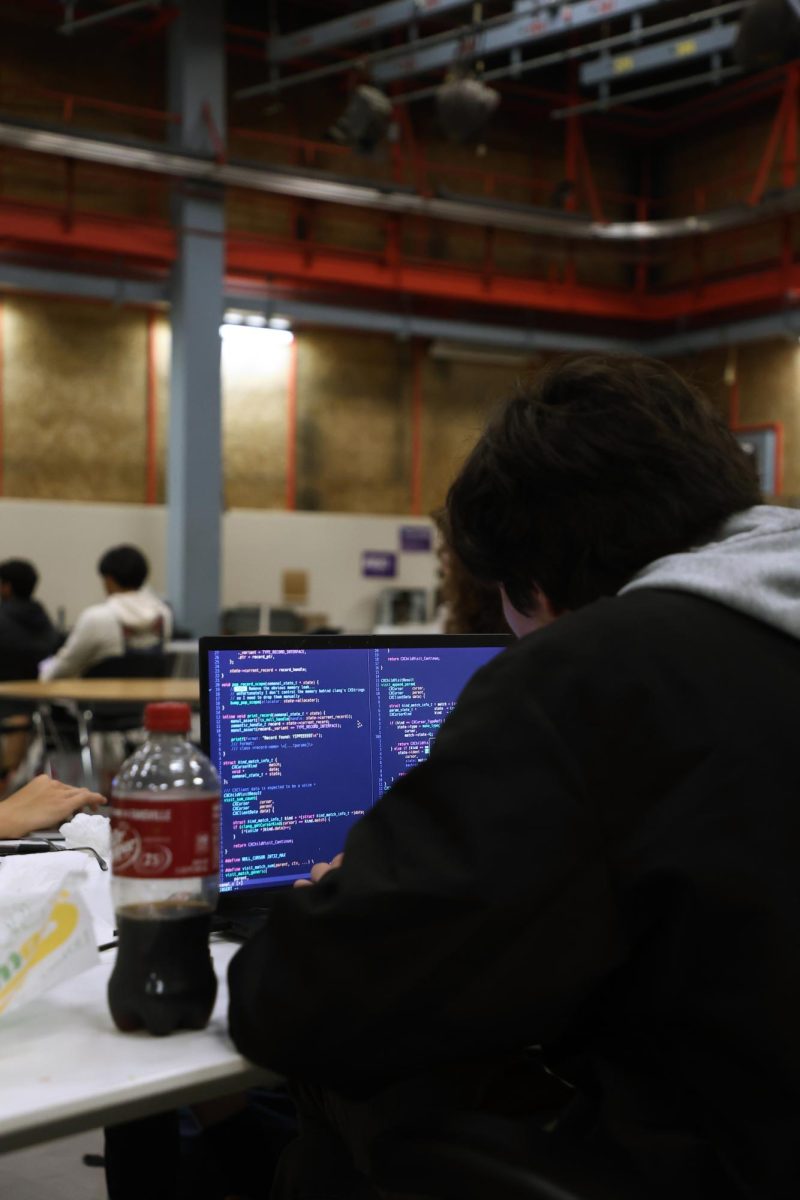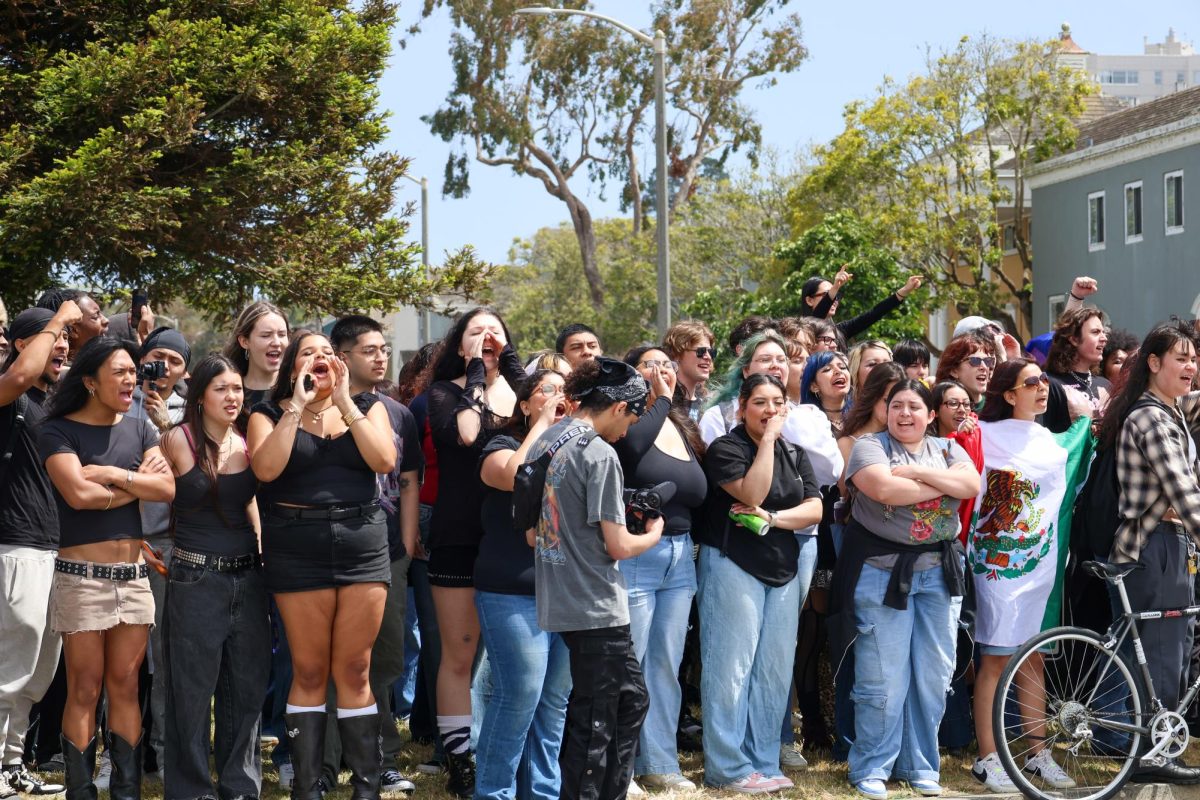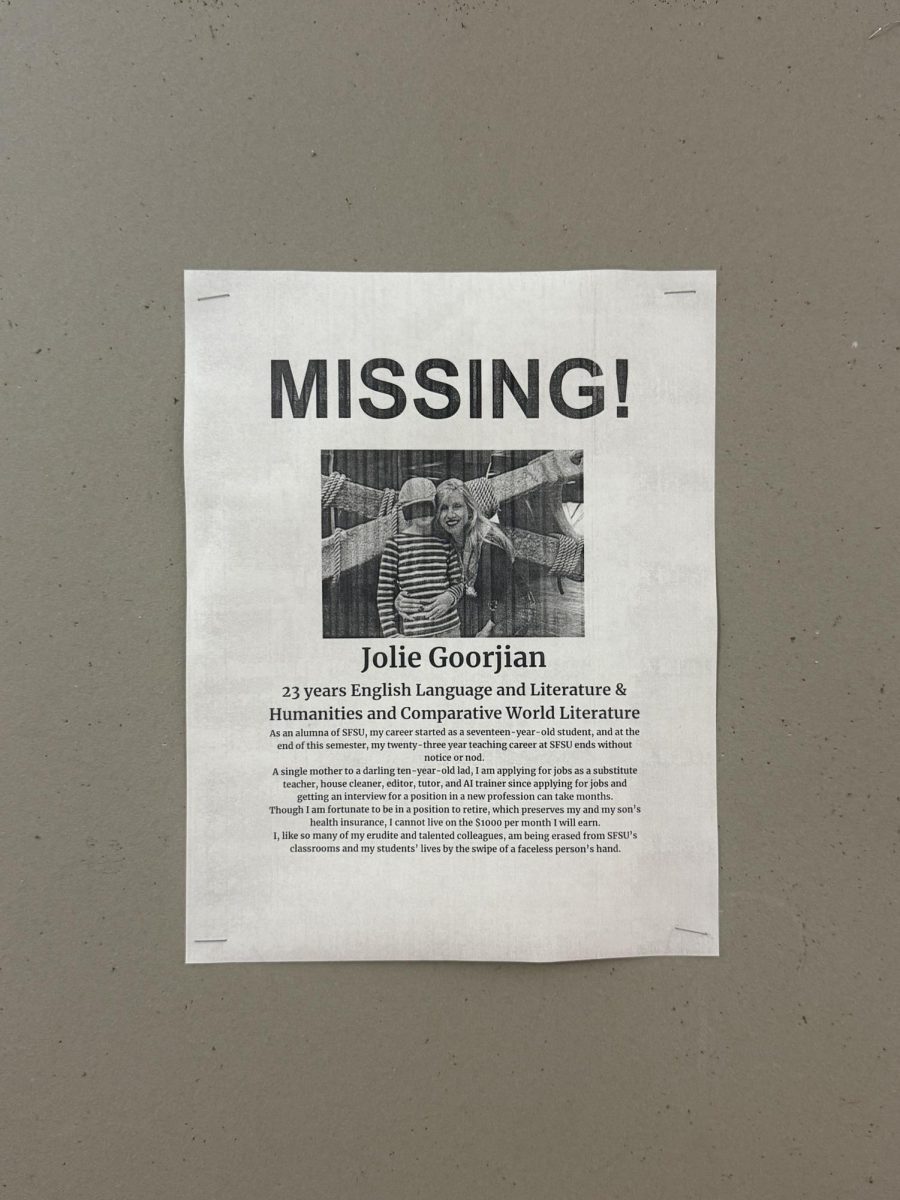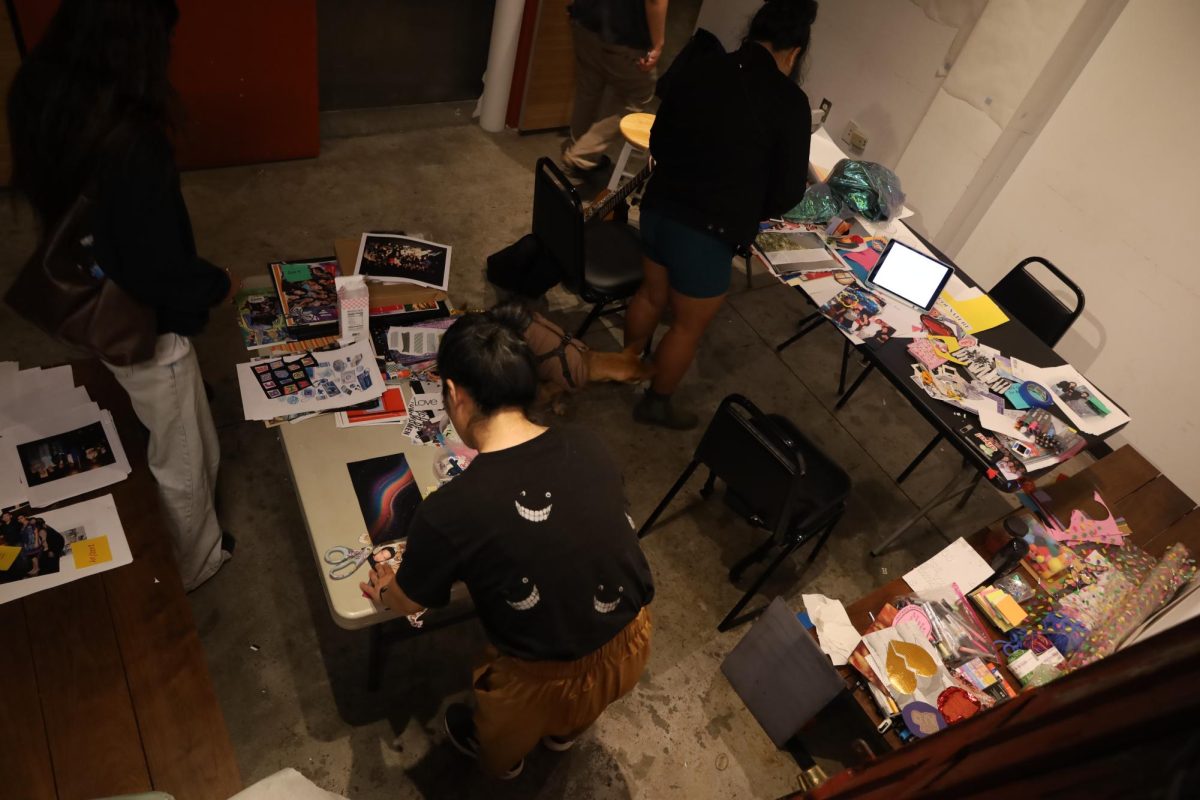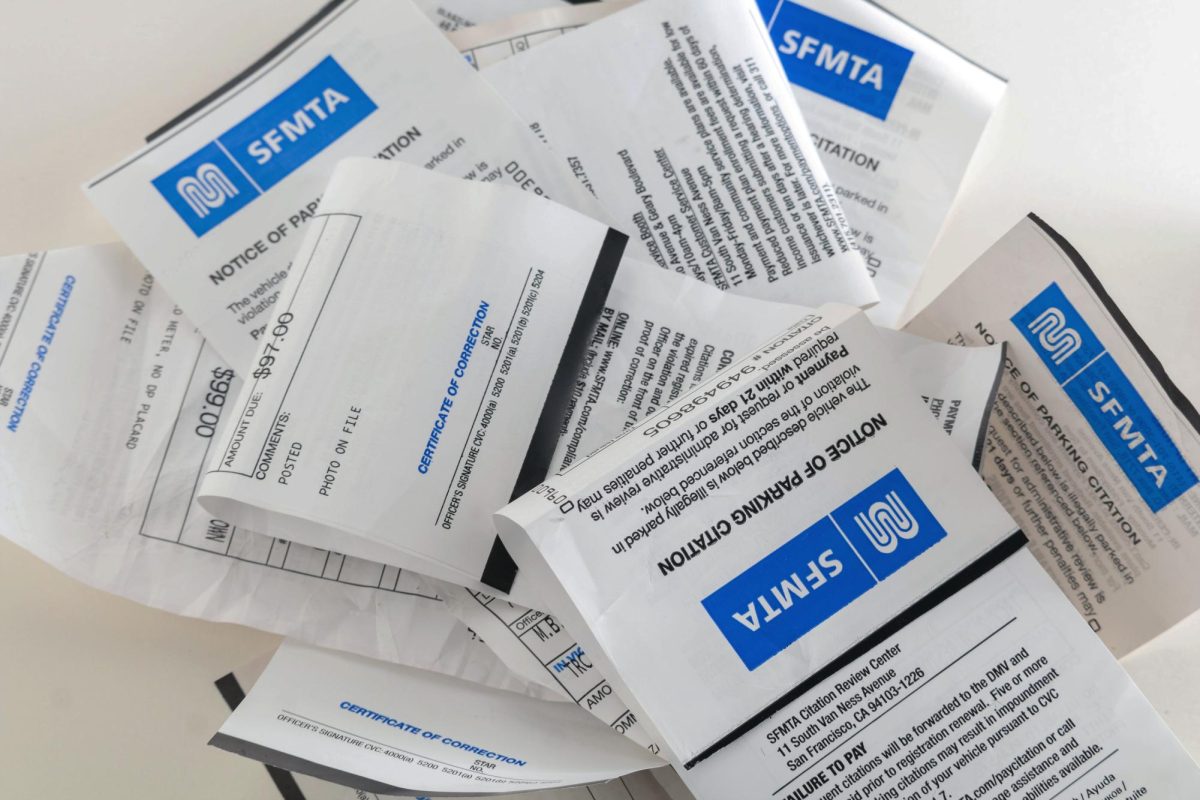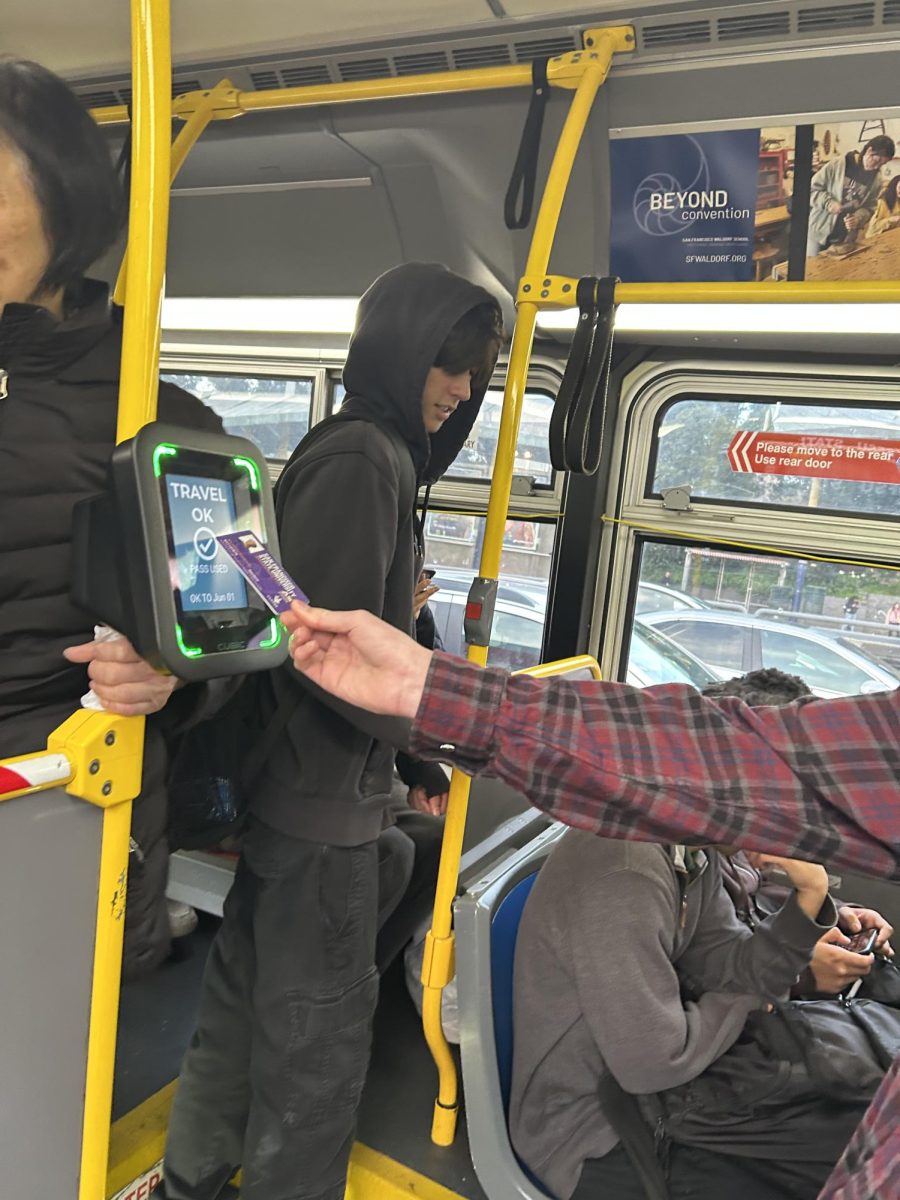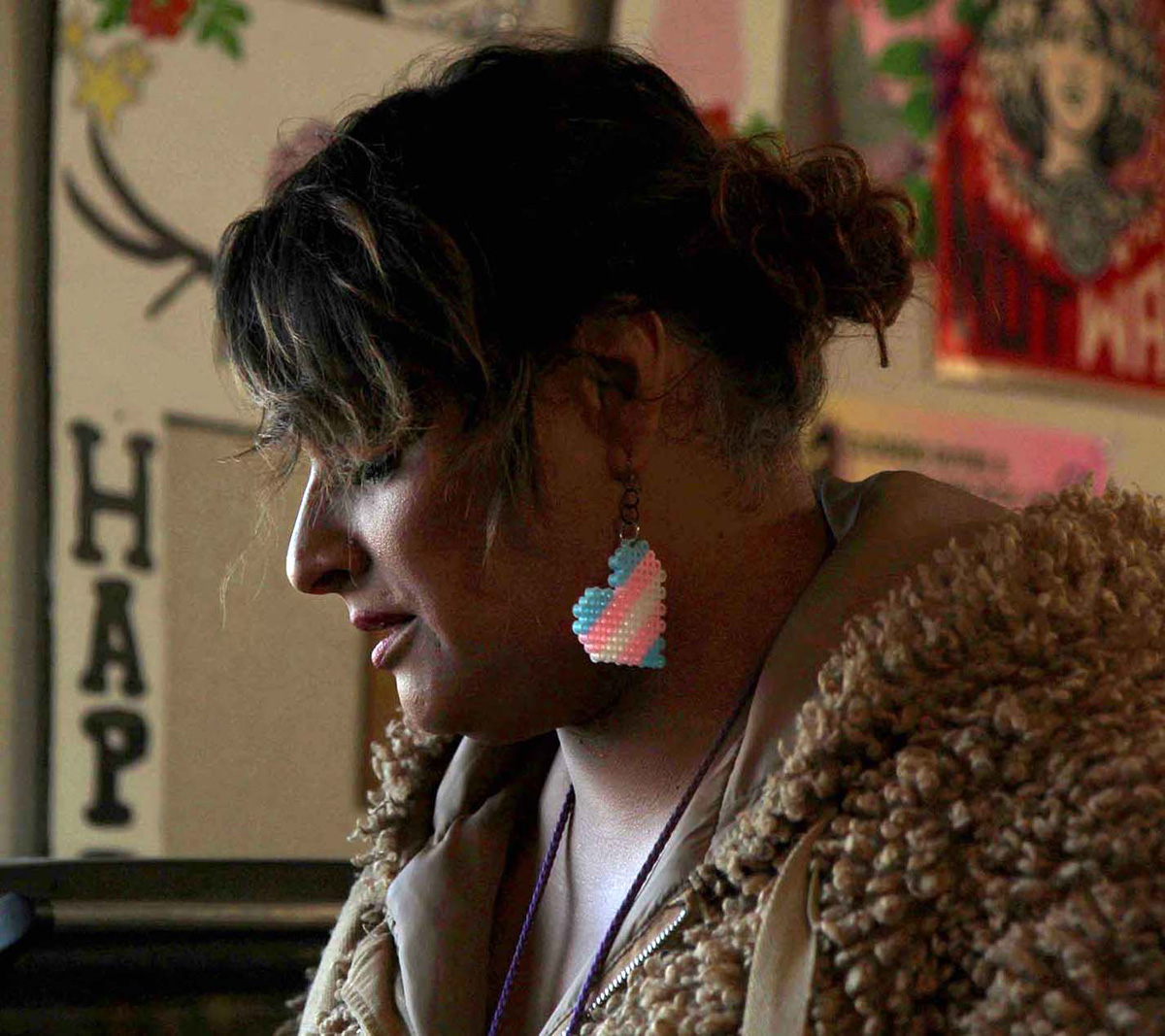In the 1970s, America deindustrialized: factories went away and so did unionized blue-collar jobs. Simultaneously, technological and financial sectors substantially grew. Since these new employers prioritized applicants with higher education, degrees became vital to landing lucrative jobs.
American perception on higher education began to shift. College attendance substantially rose and peaked in the 2000s. However, over the last decade, the true value of a degree has faced growing skepticism.
Earlier this year, the Bureau of Labor Statistics released a revised job report indicating that almost a million previously reported new jobs never existed. This is the largest revision since a little over a decade, sparking worries of a stagnating economy.
While still relatively low, unemployment has also reached its highest rate since 2020. Among those likely to be unemployed: 22-27 year-old college graduates.
“I was applying literally everywhere in my area,” said Chase Preston, a political science major, who was consistently applying for jobs for six to seven months.
Preston remembers sending at least 50 applications, but, in an experience that’s becoming increasingly common among job-seekers, not a single employer got back to him. He was fortunate enough to land a part-time job unrelated to his major, opting for a less inspiring, practical job.
“It was not a good experience, but the job market is just that tough that you take what you can get,” Preston said.
The technology sector is one of the fields currently experiencing a difficult job market, particularly among graduates.
According to SF State’s computer science department chair, Arno Puder, tech companies overzealously hired engineers during the pandemic, creating an inflated job market. Now, as industries cut back, new engineers are entering a field where they have to compete with recently laid-off industry veterans, lessening the chances of their application getting chosen, especially during a time companies are reluctant to hire.
“The second reason is definitely generative AI,” Puder said. “It can certainly do many tasks that typically are done by new hires … there is a bit of uncertainty in the market on where this goes.”
Writing their own rules
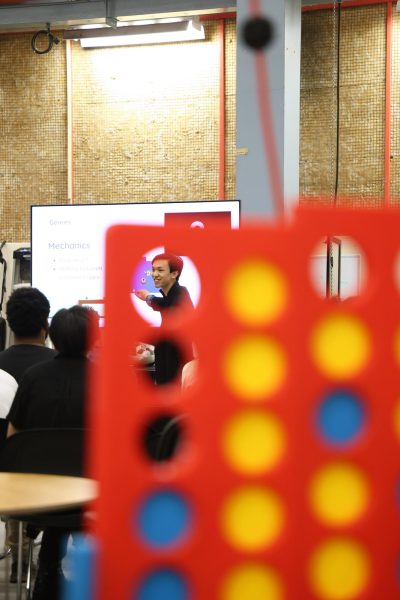
The harrowing state of the industry is no secret to tech-related majors. Nevertheless, some trailblazing students are forging their own paths toward success.
Peter Siri, a computer science major entering his fifth year, was involved in the early founding stages of the Game Development Club, three years ago. After taking some time away from the club, he has returned and is delighted to see how far the club has gone.
“[The club] grew more than substantially,” Siri said. “It grew exponentially. This whole organization grew exponentially.”
The club meets in a warehouse-studio-like room in the Creative Arts building. In one side of the space, celebrations erupt from a member playing video games, in the other, a number of developers sit together, either diligently coding, or talking to each other.
Lindsey Tong, a fourth-year visual communications design major and video game studies minor, presented her second game, “Reconciled,” a narrative-driven game where players determine if a dying man can reach redemption before it’s too late.
“We have the opportunity to go by our own rules,” Tong said. “Being my own creator, when it comes to games, can really allow myself to have that kind of flexibility without needing to be confined to whatever a company wants.”
Adapting to the advancing world
In efforts to offer an up-to-date curriculum, SF State’s Department of Computer Science announced that they will be introducing a new certificate in Generative Artificial Intelligence: Technology, Applications, and Ethics.
“[The certificate] will focus their senior electives in the area of generative AI and AI in general,” Puder said. “That should then make it easier for [students] to find jobs in the industry.”
Students graduating this year will miss out on the new opportunity. However, they can still seek out resources through the Career & Leadership Development office, which offers a number of resources and helps connect students to opportunities they would otherwise miss.
“There’s a lot of activities every single day,” said Paul Glanting, the director of the Lam Family College of Business’ Career Services and Professional Development branch. “We have fellowships on campus … we have events, career based events and so forth.”
Glanting isn’t pessimistic and believes graduates can be successful, especially if they utilize the resources made available to them, but he also admits the market is experiencing something unique to our current economic situation.
“It is very true that hiring for new grads has been less aggressive than it was a year ago,” Glanting said. “I think that we’re also just economically in a very shaky place, and that isn’t usually conducive to hiring.”
Taking control of the uncertain future
There is no absolute consensus as to the reasons for the slowing economy.
Chase Preston, who is working toward starting an SF State chapter of Young Democrats of America, believes the large-scale layoffs conducted by the Department of Government Efficiency, also known as DOGE, as well as tariffs and restrictive immigration policy are all reasons for the economic slowdown.
“It’s atrocious and it has to be stopped.” Preston said.
Ultimately, the economic developments have led the Federal Reserve to cut interest rates by 0.25%. While economists stand by and monitor how the markets react, some students, like SF State’s game developers, choose to build toward their own futures rather than wait for an employer’s response.
“Even if no one’s paying you to do it,” Siri said. “No one’s stopping you from doing it.”



